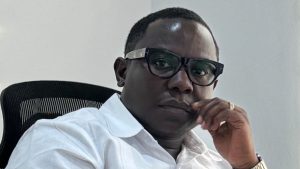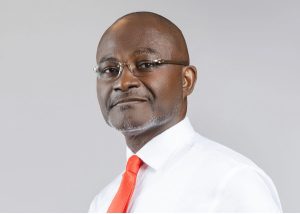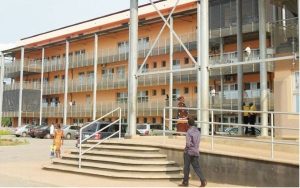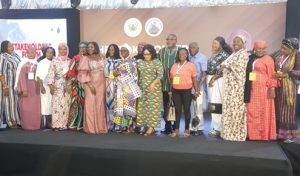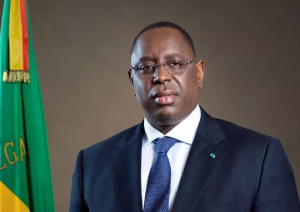South Africa will hold national and provincial elections on May 29, President Cyril Ramaphosa’s office has said.
Ramaphosa’s ruling African National Congress (ANC) party is expected to face a tough challenge to retain its parliamentary majority in the country’s seventh democratic election since the end of the apartheid system in 1994.
The presidency said in a statement that the 2024 elections will coincide with South Africa’s celebration of 30 years of freedom and democracy.
In 1994, the country held its first democratic elections after the fall of the racial segregationist system of apartheid that had brutally oppressed black and other non-white South Africans since 1948.
The statement echoed sentiments he shared in his State of the Nation Address earlier this month, where he used much of his speech to highlight how far the country has come in three decades and what role his governing party has played.
Ramaphosa, 71, is seeking a second term as president in a vote that may prove historic, with opinion polls showing opposition parties gaining ground over his African National Congress (ANC) in some areas.
The ANC has led the country since 1994. But the party is now struggling in the polls, and many analysts say this year it will for the first time get less than the 50 percent parliamentary majority it has won in past elections.
The Democratic Alliance (DA) and the Economic Freedom Fighters (EFF) are the main opposition parties.
Former President Jacob Zuma has backed the newly formed uMkhonto we Sizwe (MK) or Spear of the Nation party, in a move that could potentially attract some traditional ANC voters.
Zuma – who still enjoys huge popularity despite ongoing court cases and allegations of corruption against him – was part of the ANC until he was suspended in January.
Political analysts also say record power cuts, poor service delivery and high levels of unemployment are likely to hurt the ANC at the polls in May.
On May 29, South Africans will elect a new National Assembly as well as the provincial legislature in each of the country’s nine provinces before the National Assembly elects the president.
